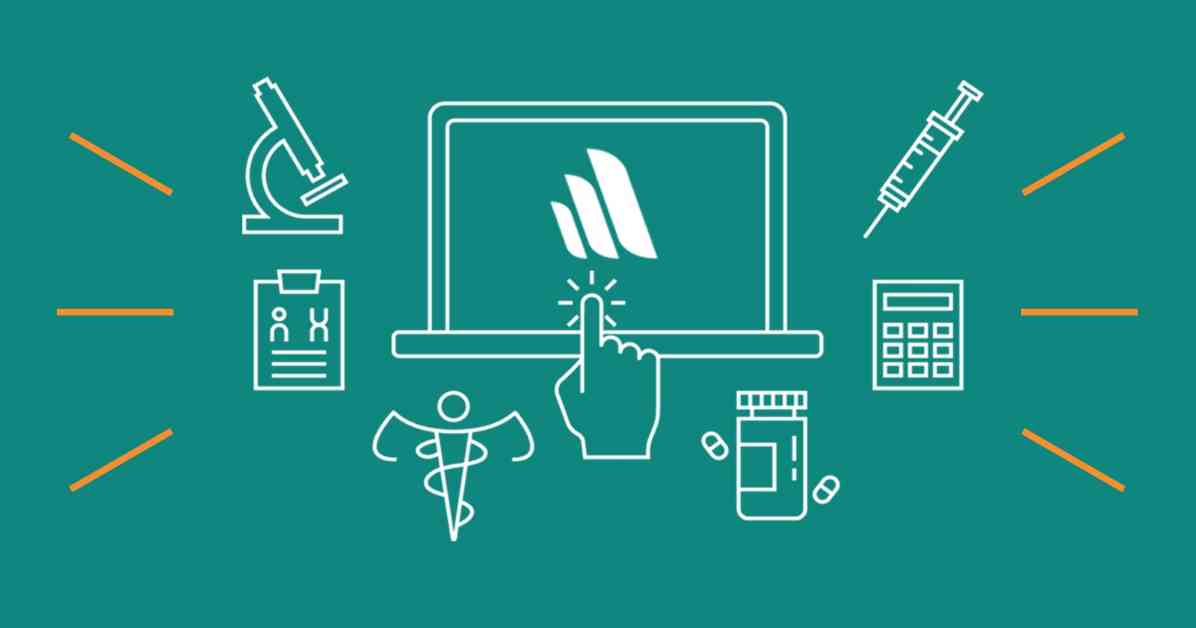Substance-induced psychotic disorders can be a frightening and disorienting experience for those who suffer from them. Characterized by hallucinations and delusions brought on by the direct effects of a substance or withdrawal from a substance, these episodes can be alarming not only for the individual experiencing them but also for those around them. In emergency departments and crisis centers, healthcare professionals often encounter cases of substance-induced psychosis, where individuals may exhibit symptoms such as paranoia, visual or auditory hallucinations, and irrational beliefs.
The Impact of Substance-Induced Psychotic Disorders
The impact of substance-induced psychotic disorders can be profound and far-reaching. Individuals experiencing these episodes may feel disconnected from reality, struggle to distinguish between what is real and what is not, and may exhibit erratic or aggressive behavior. This can not only pose a danger to themselves but also to those around them, leading to potential harm or injury.
In addition, substance-induced psychotic disorders can also have a significant impact on a person’s mental health and well-being. The fear and confusion that accompany these episodes can be overwhelming, leading to feelings of helplessness and despair. In some cases, individuals may also experience feelings of shame or embarrassment about their symptoms, further exacerbating their distress.
Common Substances that Can Trigger Psychotic Episodes
Many substances have the potential to induce psychotic episodes, either through their direct effects or during withdrawal. Some of the most common substances known to trigger psychotic symptoms include alcohol, amphetamines, cannabis, hallucinogens, opioids, phencyclidine (PCP), and sedatives. The hallucinations and delusions experienced during substance-induced psychosis are typically more severe than those associated with simple intoxication or withdrawal, often leading to a state of extreme confusion and disorientation.
It is important for healthcare providers to be aware of the specific substances that can trigger psychotic episodes in order to provide appropriate treatment and support. By understanding the underlying causes of these episodes, healthcare professionals can better tailor interventions to address the individual needs of each patient.
Treatment Approaches for Substance-Induced Psychotic Disorders
Treatment for substance-induced psychotic disorders typically involves creating a calm and supportive environment for the individual, as well as the administration of medications such as benzodiazepines or antipsychotics. In most cases, stopping the substance that triggered the psychotic episode and taking an antianxiety or antipsychotic drug can be effective in managing symptoms and promoting recovery.
For individuals experiencing psychosis due to drugs like LSD, quiet observation may be all that is needed to ensure their safety and well-being. It is essential for healthcare providers to closely monitor these individuals and provide appropriate support as needed.
Following treatment for substance-induced psychotic disorders, it is crucial for individuals to follow up with their doctors to address any underlying substance use disorders and to determine whether their symptoms may be an early indication of schizophrenia or a related disorder. By seeking ongoing care and support, individuals can better manage their symptoms and improve their overall quality of life.
In conclusion, substance-induced psychotic disorders can have a significant impact on an individual’s mental health and well-being. By understanding the causes of these episodes and implementing appropriate treatment approaches, healthcare professionals can help individuals recover and regain control of their lives. It is essential for individuals experiencing substance-induced psychosis to seek help and support from qualified healthcare providers to ensure their safety and well-being.


















